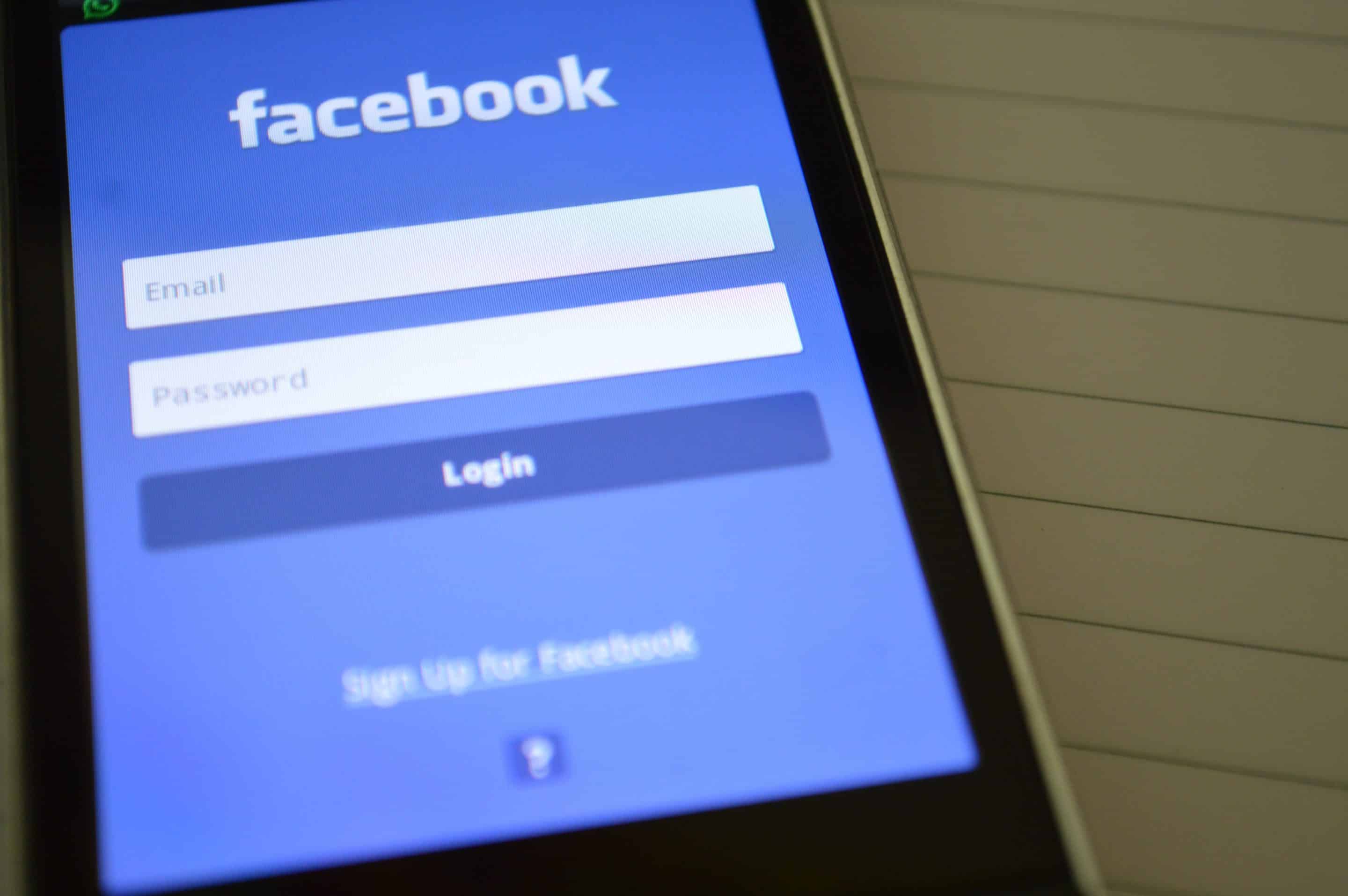History shows that putting the federal government in charge of protecting privacy is like a blood bank hiring Dracula as a nightwatchman. But that’s what the Biden administration wants to do with the Internet.
The Federal Trade Commission (FTC) is currently in the process of drafting a rule governing the way technology companies handle their user’s personal data. This is the latest attempt by FTC Chair Lina Khan to increase government oversight and control of “Big Tech.”
Almost all social media users have had the (what most consider) creepy experience of seeing ads for products they just did a Google search for pop up on their Facebook feed. This makes Khan and her allies think new rules “protecting” online privacy is both a political and policy victory.
As is usually the case, they are wrong.
The collection and use of user’s personal data is fundamental to technology companies’ business model. These companies provide a service to attract users and collect data to attract advertisers. Data collection allows advertisers to tailor their ads to those most likely to be interested in their products, as opposed to wasting money on ads that may or may not be seen by people who would be interested in patronizing the advertiser.
Data collection is why Big Tech offers consumers use of their platforms for free.
Khan has written that the fact that Big Tech does not charge its users justifies scraping the consumer welfare standard which has been used to evaluate antirust cases since the late 70s, in favor of a return to the old “big is bad” standard. As the name suggest, the consumer welfare standard judge’s business action by how they benefit consumers. This reflects the way markets work, as business thrive and prosper by how they enhance consumer welfare.
Khan is mistaken that charging low prices is the only way adherences to the consumer welfare standard judge if a businesses’ actions benefit consumers. Consumers do benefit from Big Tech’s ability to allow them to use their platforms for free. One reason the companies can do this is via data collection. Consumers also benefit from seeing search results, posts, and yes even ads that reflect their needs and interests. On the other hand, the collection of personal information may raise legitimate concerns that our data may be used in ways that actually reduce consumer welfare.
The fact that many consumers have legitimate concerns regarding data collection and use does not mean that users of social media will benefit from federal privacy regulations.
For all the complaining about Big Tech data collections, consumer’s demonstrated preference (a term from Austrian Economics meaning how consumers spend their money in the marketplace) suggests people derive higher value from not having to pay to use a social media platform, even if the cost is accepting that their data will be collected and shared, than if they had to pay for social media. If people were truly upset by Big Tech’ s data collection practices, they would be abandoning the major platforms and switching to companies that do not collect and share their user’s data.
We give social media our data, they give us social media. It’s a trade-off that most people on the planet consider worthwhile.
There is a real possibly that federal data privacy regulations could cause some companies to require users to pay fees to use certain service, that most consumers would find less appealing than having their data used to advertise them their favorite color of shirt.
In 1996, as part of the Health Insurance Portability Act (HIPA), Congress ordered the Department of Health and Human Services to draft medial privacy regulations. The resulting regulations actually allowed government officials and other favored special interest to access personal medical records without patient consent! Remember HIPPA was passed before 9/11 gave the federal snoop state a readymade excuse to violate our privacy.
Can anyone seriously doubt that it is almost any federal data privacy region will ensure federal agents can access any Americans online data to fight terrorism, drugs, and even expression of “extremism” or “hate speech”?
The way to deal with concerns over data privacy is through clear disclosure of how companies utilize their user’s data, and holding them liable for any violation of the terms and conditions none of us ever read. If Big Tech uses its consumers’ data in objectionable ways, new companies will arise to meet consumer demand for better privacy protection.
The market will do a better job of protecting consumer privacy than the government that engages in domestic spying that would make Dracula blush.







